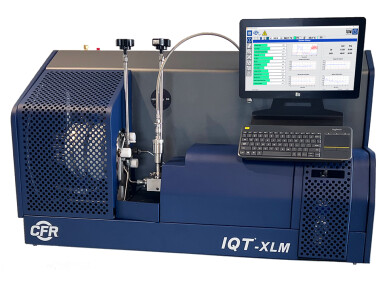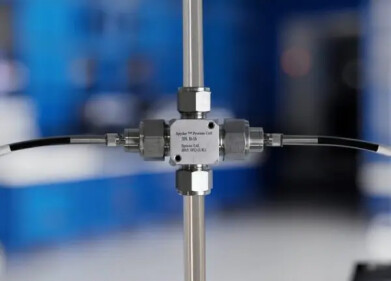Analytical Instrumentation
Are More Drivers Opting for Alternatively Powered Cars?
Sep 15 2016
Hybrid, liquid petroleum gas, or even electric. Alternative fuel vehicles (AFVs) are cars that can run off anything other than petrol or diesel alone. Given their relative youth compared to the veterans, petrol and diesel, they’ve naturally been in the minority. Are things changing? Let’s take a look at the numbers.
SMMT
Among other purposes, the Society of Motor Manufacturers and Traders (SMMT) aims to monitor the UK automotive industry. This includes the sales of new cars and the used car trade, but also what type of cars are being purchased across these two categories. Their data for August 2016 shows a modest 3.3% rise in new car registrations compared to August 2015.
Of the 91,640 new cars registered however, 2,508 were AFVs. It’s a 30.8% rise on last year’s August figure of 1,918. The disproportionate rise in AFV registrations compared to registrations overall is clearly a sign that they are on the up. What’s more, the number of AFVs purchased this year (nearly 54,000) has already surpassed the figure of just over 44,000 from 2015.
Go Compare
Research by Gocompare.com seems to reiterate this too. Their survey of two thousand drivers found that 16% are considering an ‘unconventionally powered car’ for their next purchase. While AFVs cost more than their petrol burning equivalents, the long term savings definitely make up for it. And it’s this that seems to be encouraging people to make the change.
Go compare do warn, however, that not all insurance companies offer cover for AFVs at the moment. The expensive battery and battery leases complicate the process and expensive, specialist parts don’t help the situation. Consequently, drivers could end up paying a bit more to insure their AFV than a conventional car, because there is less competition driving down prices.
The market is definitely growing though, as they become more popular. “As sales of alternative fuel vehicles increase and insurers become more familiar with the new technologies then we should see a more competitive insurance market for these cars,” explains Matt Oliver, Gocompare.com insurance expert.
Petrol fuelled cars
One of the issues with petrol as a fuel source is the emission of sulphur. While large power stations have measures in place to remove sulphur from their emissions, smaller fuel-burners like cars and household heating systems have un-filtered emissions. So it’s the fuel itself that has to control emissions. ‘Interference-free Sulphur Analysis in Fuels’ discusses the safe monitoring of different fuels’ sulphur content.
Digital Edition
PIN 25.5 Oct/Nov 2024
November 2024
Analytical Instrumentation - Picturing Viscosity – How Can a Viscometer or a Rheometer Benefit You? - Sustainable Grease Formulations: Evaluating Key Performance Parameters and Testing Method...
View all digital editions
Events
Dec 03 2024 Dusseldorf, Germany
Dec 08 2024 Anaheim, CA, USA
Turkey & Black Sea Oil and Gas
Dec 11 2024 Istanbul, Turkey
Dec 19 2024 Aurangabad, India
Jan 20 2025 San Diego, CA, USA



















